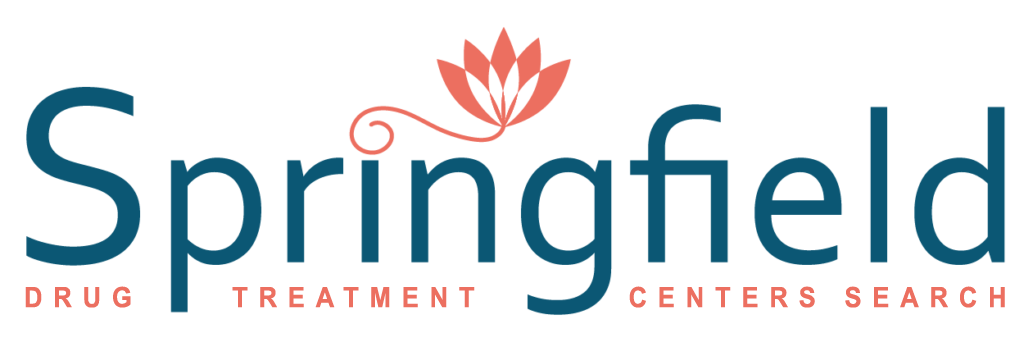Alcoholism and Treatment in Springfield, MO
Alcoholism includes the previous psychiatric classifications of alcohol abuse and alcohol dependence, which were combined in 2013 as a single condition known as alcohol use disorder. Alcoholism can be a serious medical condition if left untreated, which is why it’s so important to find a professional treatment program. Alcoholism and treatment centers can assist with all aspects of detox and rehabilitation, not just helping people to stop drinking but also giving them the skills and support needed for a long and successful recovery.
What is Alcohol Abuse?
Alcohol abuse can be recognized by uncontrolled and problematic drinking behavior, with binge drinking the most obvious example. Alcohol abuse has been linked with a wide range of health and social problems and can lead to alcohol dependence if left untreated. People who drink excessively are more prone to liver damage, heart disease, and brain damage than the regular population, with a number of mental health and secondary substance use disorders also associated with heavy drinking. For example, people who drink excessively are more likely to develop depression disorder and anxiety disorders in the later years of life. A number of social problems have also been linked to alcohol abuse, including increased levels of domestic violence, accidents and injuries, and interpersonal problems.
What is Alcohol Dependence?
Alcohol dependence can be recognized by increased tolerance, compulsive drinking patterns, and the existence of withdrawal symptoms when drinking is stopped. People who abuse alcohol heavily are more likely to become dependent than others, with these conditions often needing extensive medical and psychiatric treatment. People who are dependent on alcohol often need to drink every single day in order to stave off withdrawal symptoms. Much like alcohol abuse, dependence cases have been linked with numerous physical, psychological, and social problems in the wider community.
Medical Detox in Springfield, MO
People who are dependent on alcohol are often advised to enter a medical detox program. Medical detox is the process and experience of alcohol withdrawal in a medically supervised setting, with a range of medications used to alleviate and manage withdrawal symptoms. Common withdrawal symptoms from alcoholism include vomiting, nausea, sweating, headaches, seizures, hallucinations, and delirium tremens. While most of these symptoms are experienced within days of alcohol discontinuation, a protracted withdrawal period is noticed in some situations. Medical detox is an important part of treatment, not just helping people to get sober but also ensuring they are safe throughout the withdrawal process.
Rehabilitation and Aftercare
While medical detox enables the cessation of alcohol consumption, it does nothing to address the psychological issues surrounding alcoholism. Rehab programs are always recommended following detox, including residential rehab, partial hospitalization, and outpatient rehab regimes. Rehab programs are based on cognitive, behavioral, and motivational methods, with therapists helping clients to address the cognitive and emotional distortions that have been influencing their unwanted behavior patterns.
Aftercare programs also play a vital role in the treatment environment, including Alcoholics Anonymous (AA) and other forms of group counseling. Let Springfield Drug Treatment Centers connect you with a program that is right for you. Just give us a call at (217) 318-3600 today.

